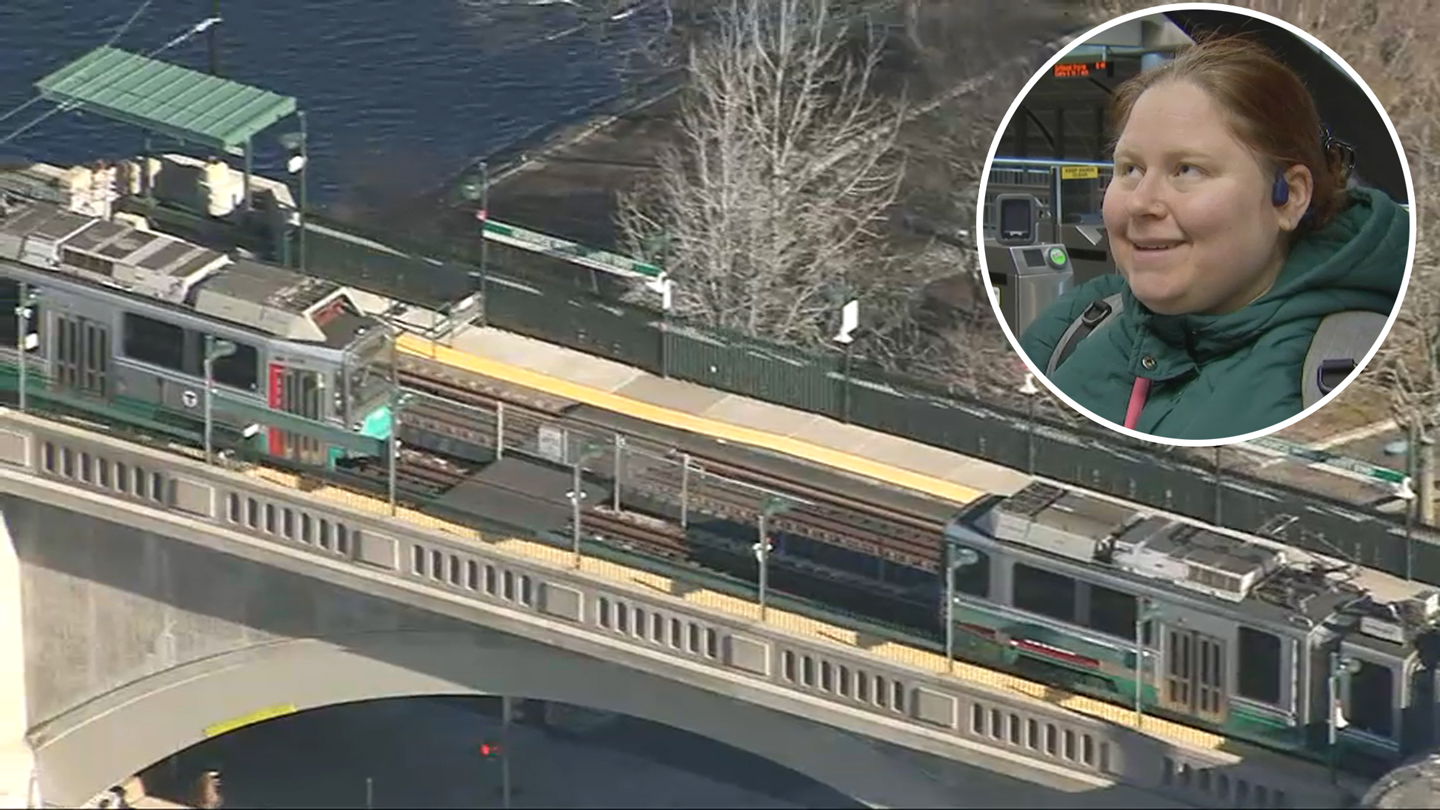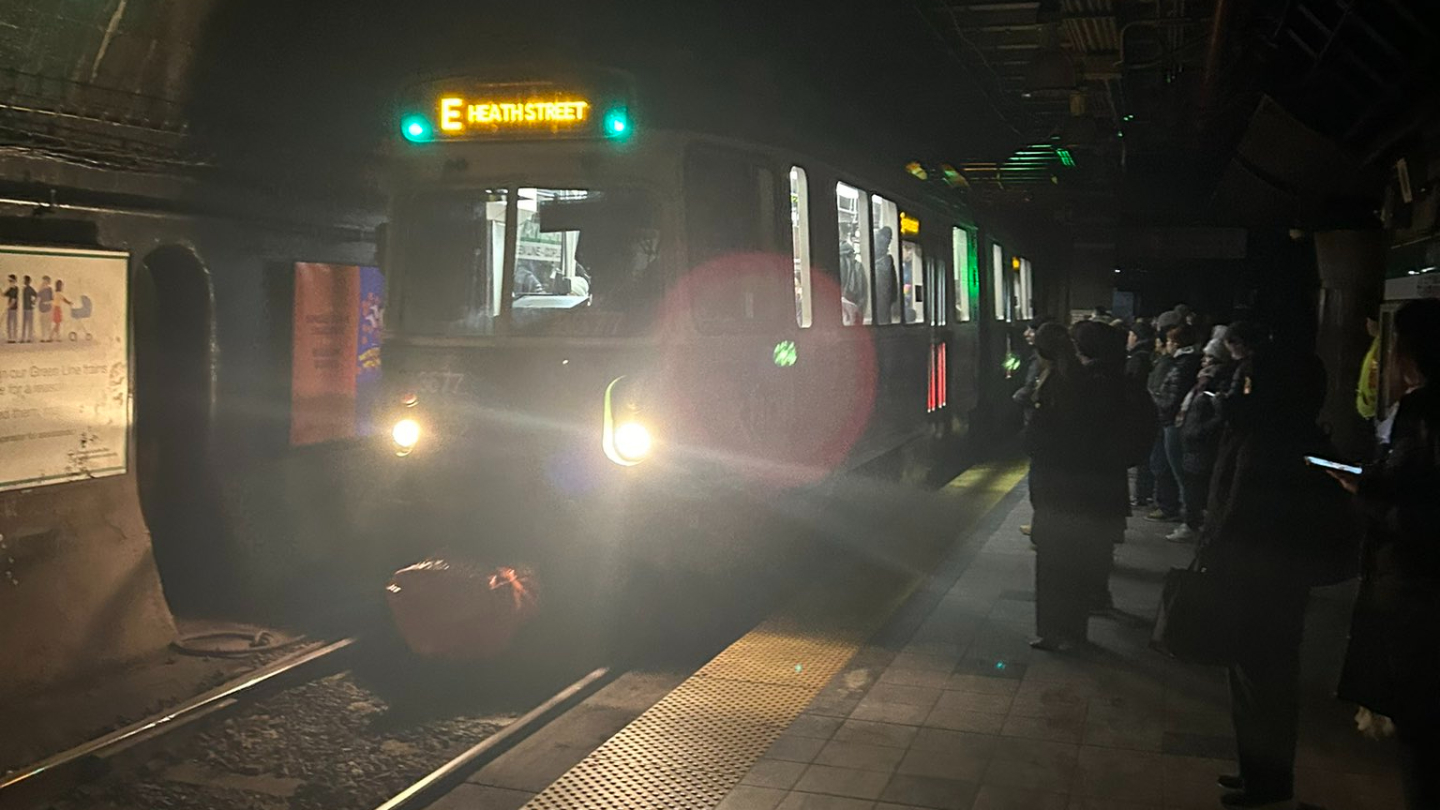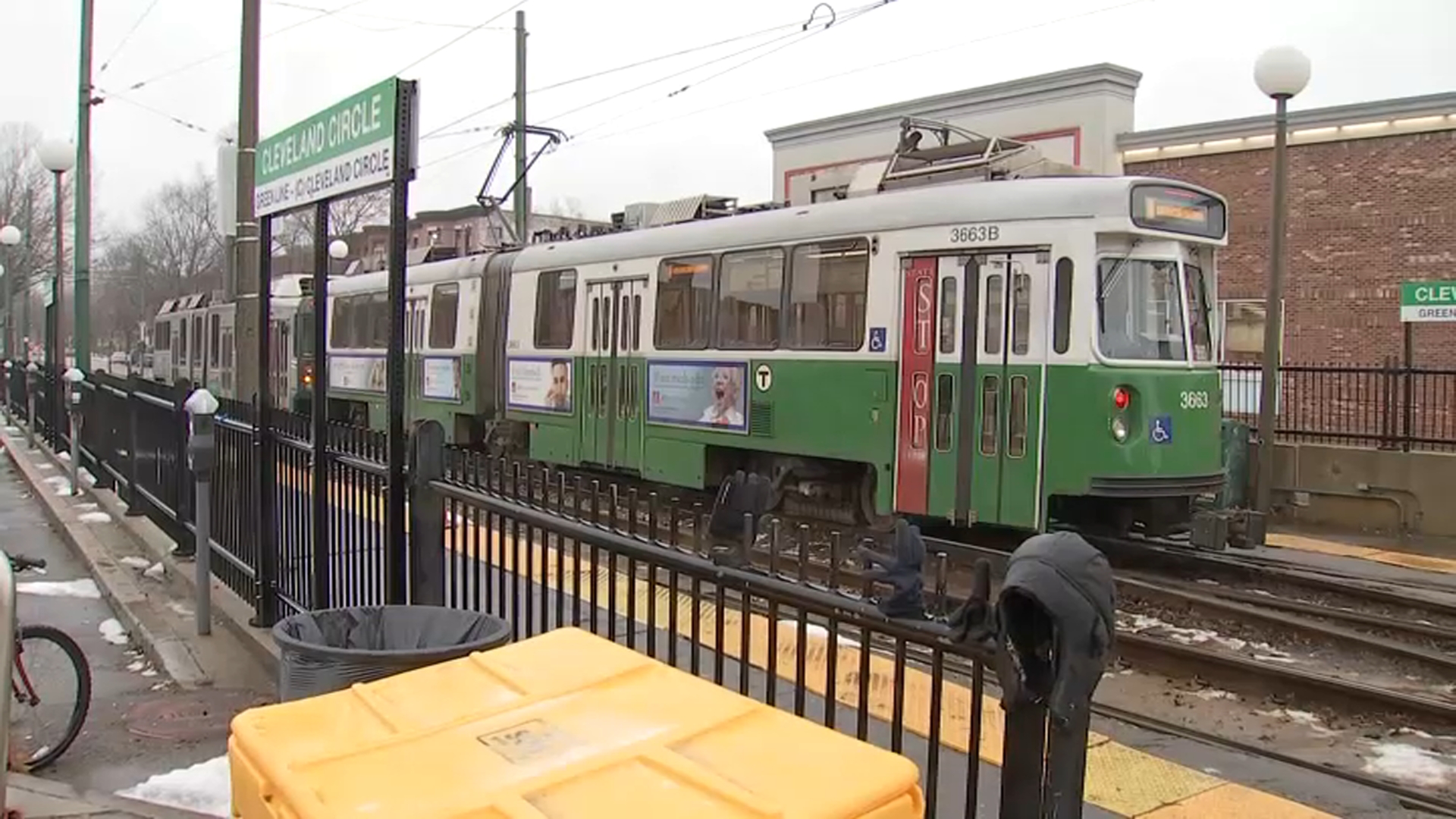The latest power failure on the MBTA comes as the T tries to get back on track. But slowdowns, outages and shutdowns for repairs have left MBTA riders packing their patience once again after years of safety concerns on the rails.
As the MBTA continues to put out fires across the aging infrastructure, the work comes with a bit of sticker shock along the way. The NBC10 Boston Investigators followed the money and found hundreds of millions of dollars in overtime, year after year.
WATCH ANYTIME FOR FREE
Stream NBC10 Boston news for free, 24/7, wherever you are. |
Taxpayers doled out $510 million in overtime in 2022 and $553 million in 2023.
Stefan Wuensch, who co-chairs the MBTA Rider Oversight Committee, said there's no lack of places where that money could be spent.
Get updates on what's happening in Boston to your inbox. Sign up for our News Headlines newsletter.
"The concern is always, 'Would that money be better used to improve safety in a more tangible way? Could it be spent better? Could it be better used by low-income fares?' Which is now on the table, thankfully," said Wuensch.
While many riders struggle to afford public transit, some MBTA employees are cashing in.
The MBTA shelled out more than $3.5 million in overtime for 25 foreperson-wirepersons in two years. The top earner almost tripled his pay to $413,192 in 2022, thanks to almost $262,000 in overtime.
"Overtime is a key part of our toolbox," General Manager Phillip Eng told the NBC10 Boston Investigators. "At the same time, the T can be more efficient."
More MBTA news
Eng says to get the MBTA back up to speed, it needs more of these workers who oversee and maintain the power systemwide.
"Our system needs some TLC, and the power system is one that 76% of it is not in a state of good repair," said Eng.
That age was on display last month, when a decades-old power cable caught fire, bringing Orange Line and Red line service to a halt. The MBTA believes the wire that failed was 40 years old or older.
The foreperson-wireperson positions are jobs where safety is key, but records obtained by the NBC10 Boston Investigators show some of those workers are clocking in long days, seven days a week.
During a two-week period in March, that highest earner worked 233.5 hours, including 154 in overtime -- averaging almost 17 hours a day. Those hours, unless approved, are far beyond the 24 hours of OT allowed per week, according to the employee handbook.
It comes at a time when safety is in the spotlight, with the Federal Transit Administration demanding improvement.
"The FTA wants the safety to be systemic," said Wuensch.
When asked why the overtime is needed and about safety concerns, Eng said, "We are managing it from the perspective of making sure that our employees are able to perform work safely, but we also know that moving forward, as we better schedule work and as we repair our system, we will better control overtime."
Eng also emphasized that the foreperson-wirepersons perform critical work and said the MBTA is trying to figure out how many more it needs to hire. Until then, wellness checks are being done on employees working long hours to make sure everyone is safe.




